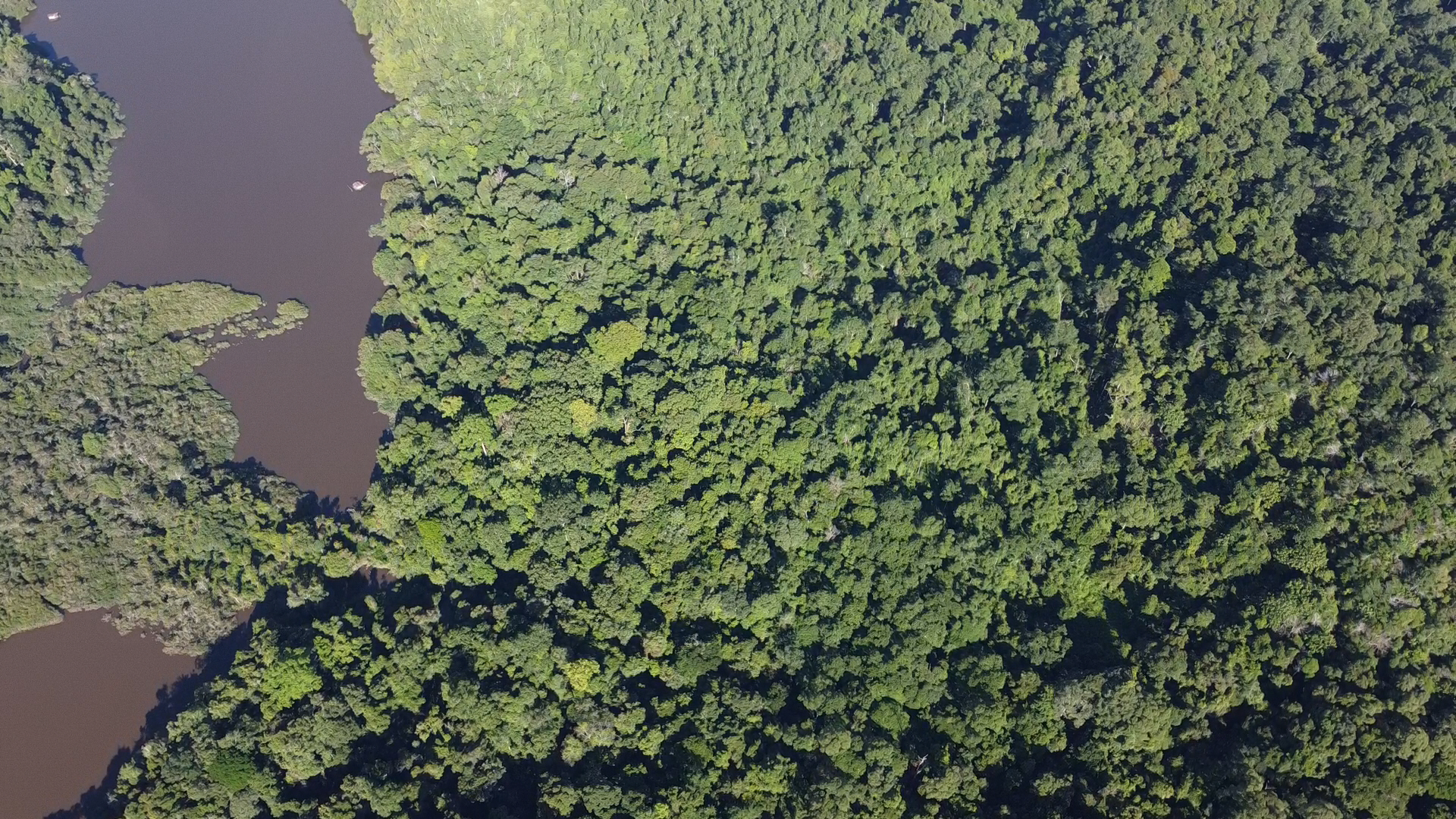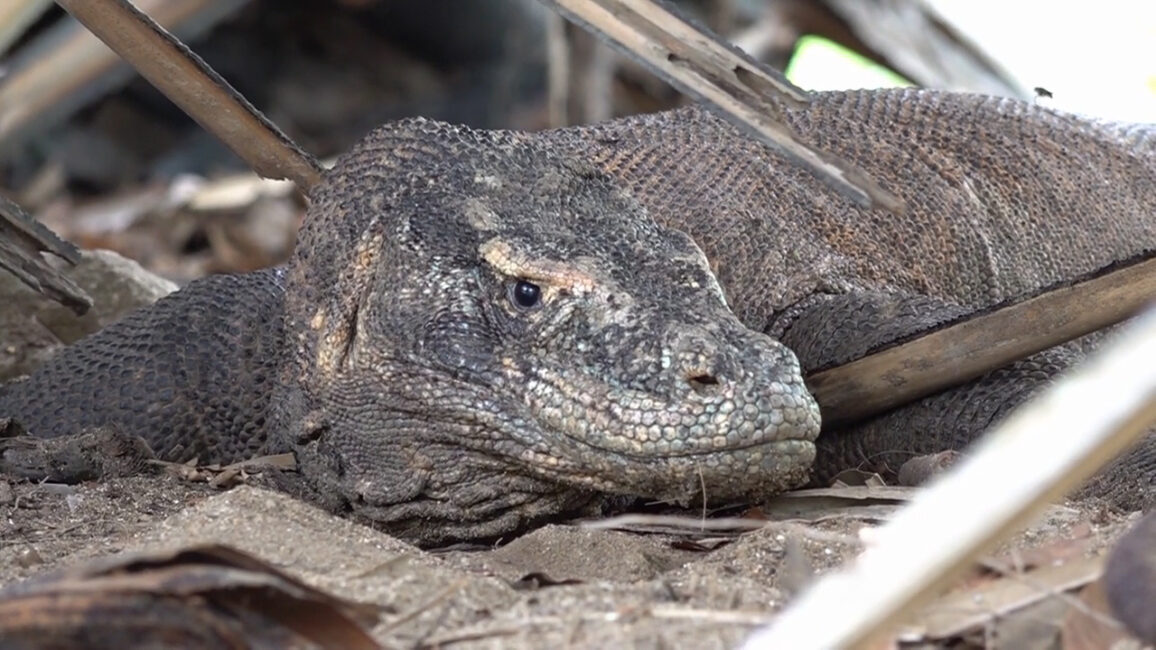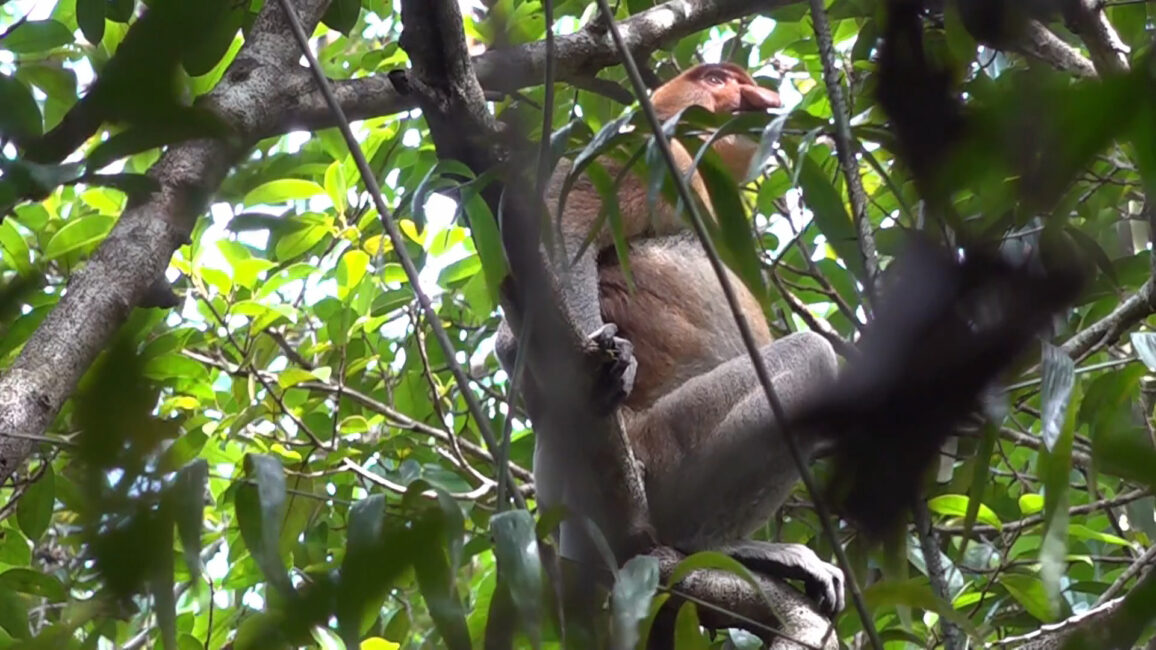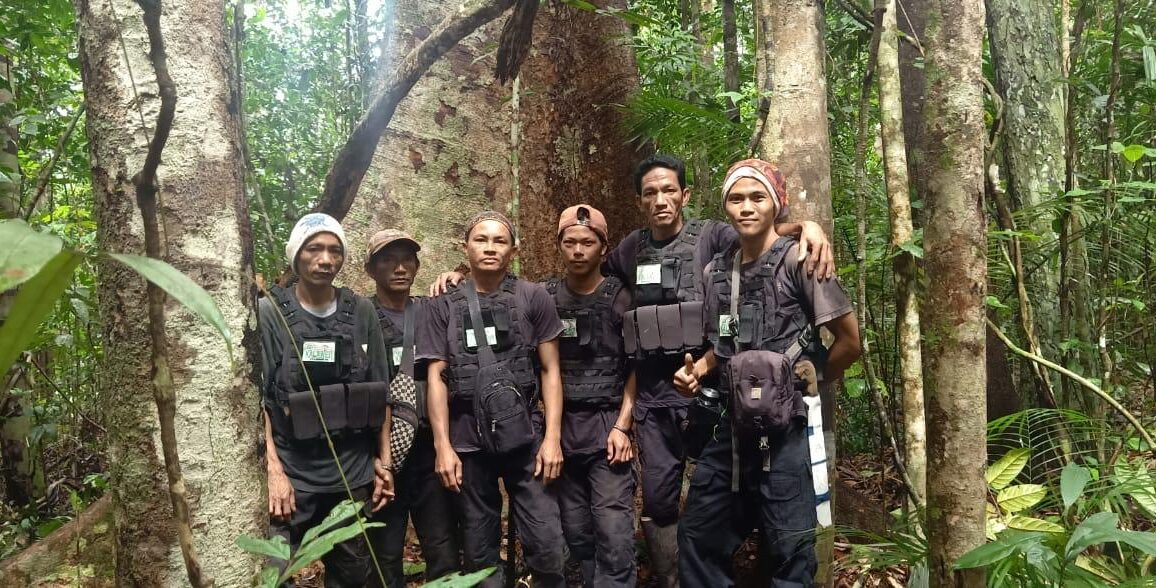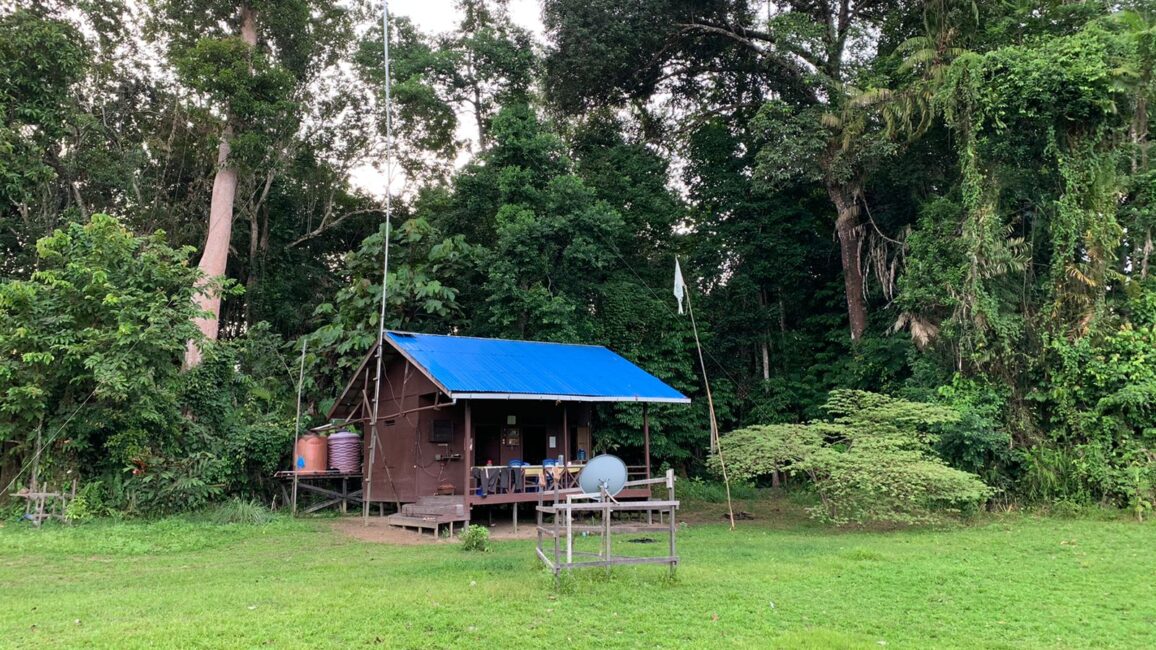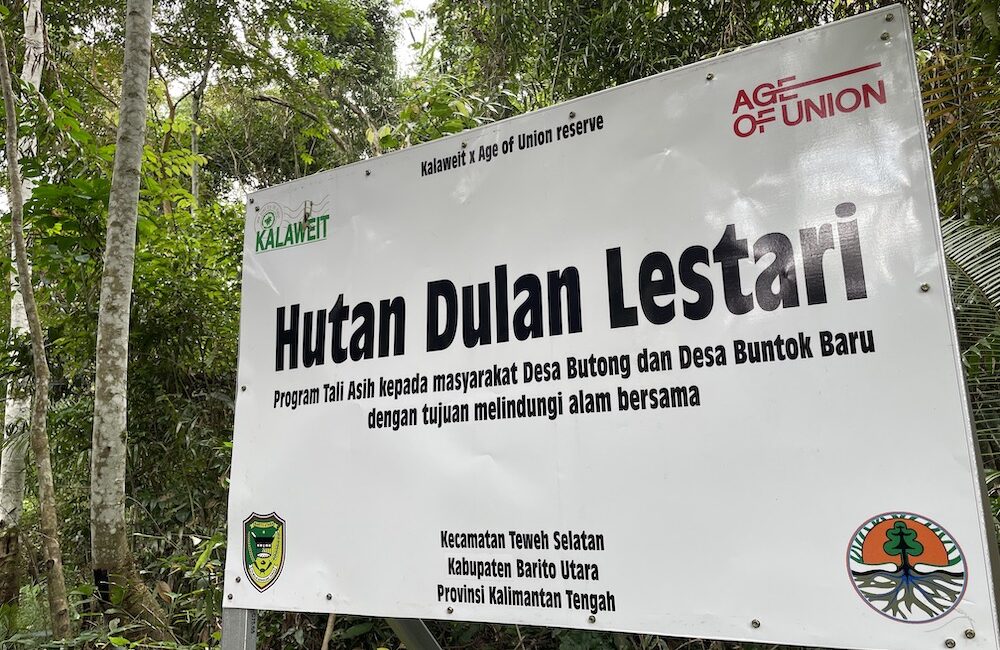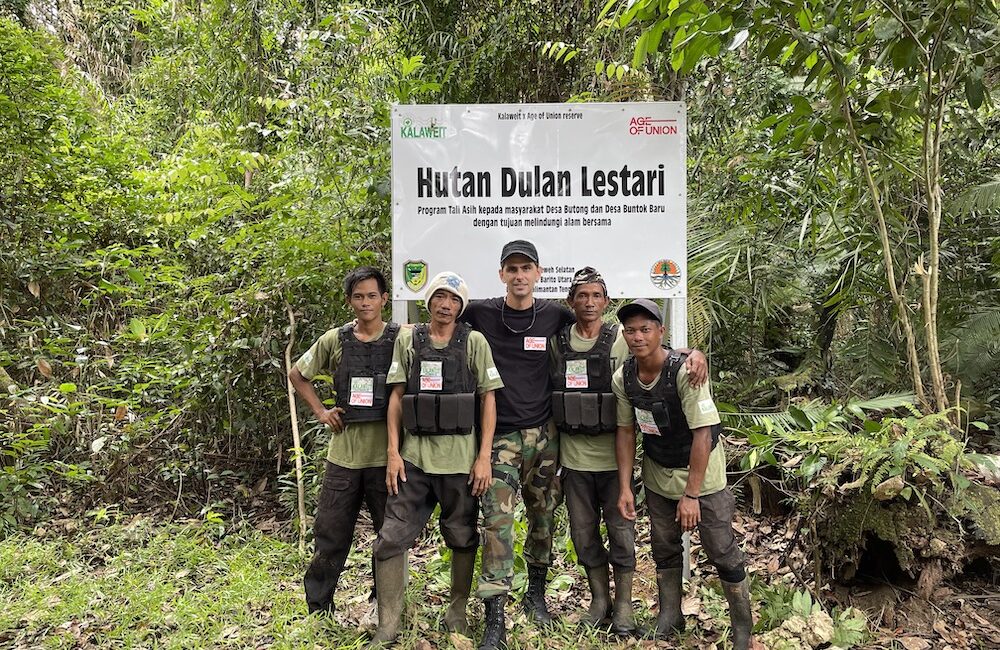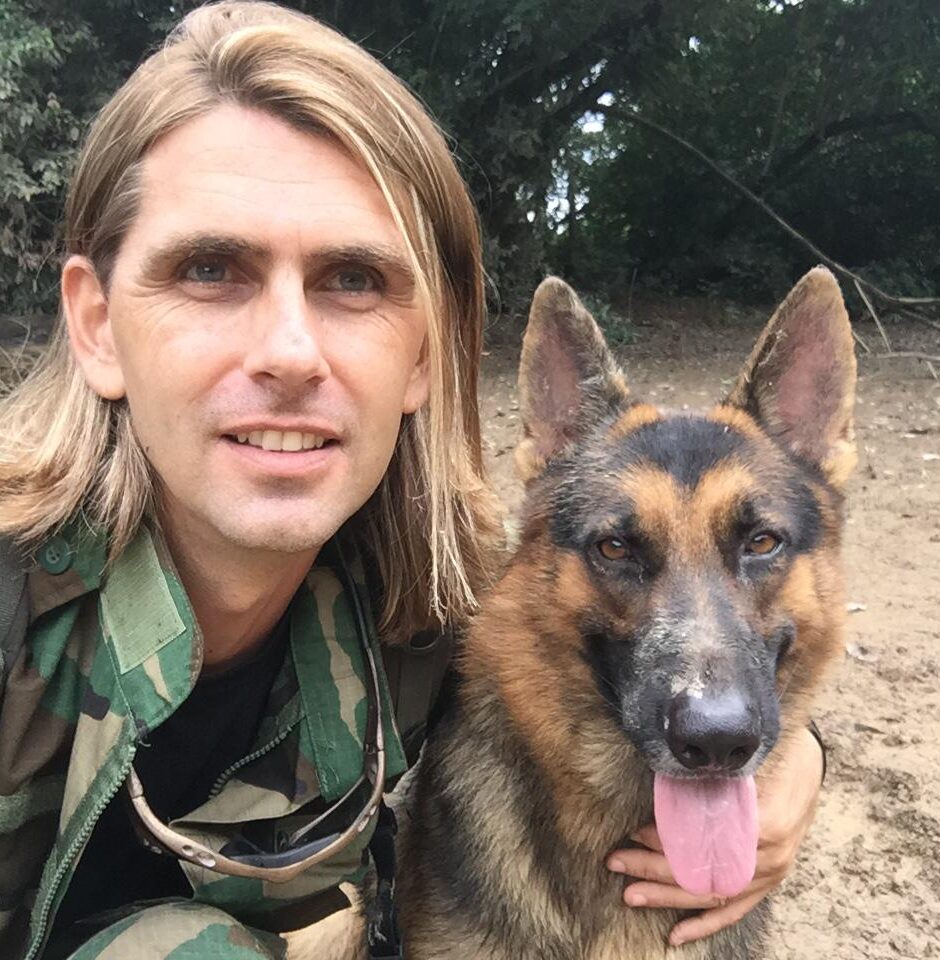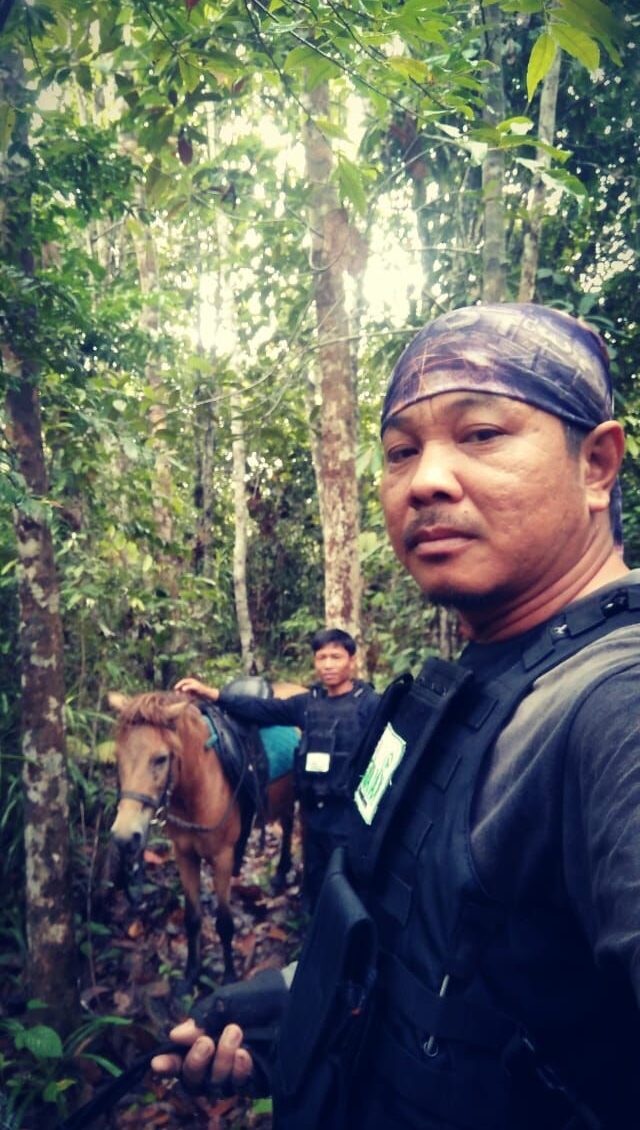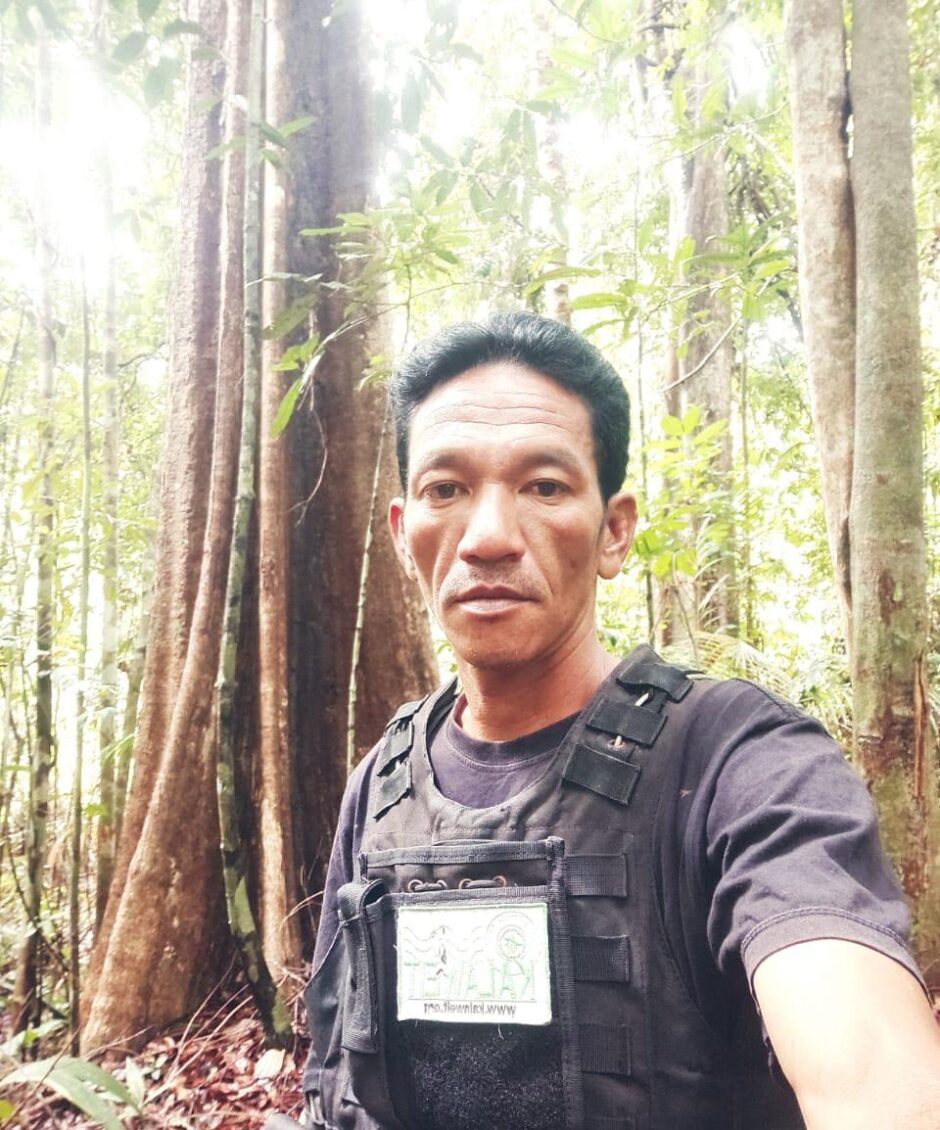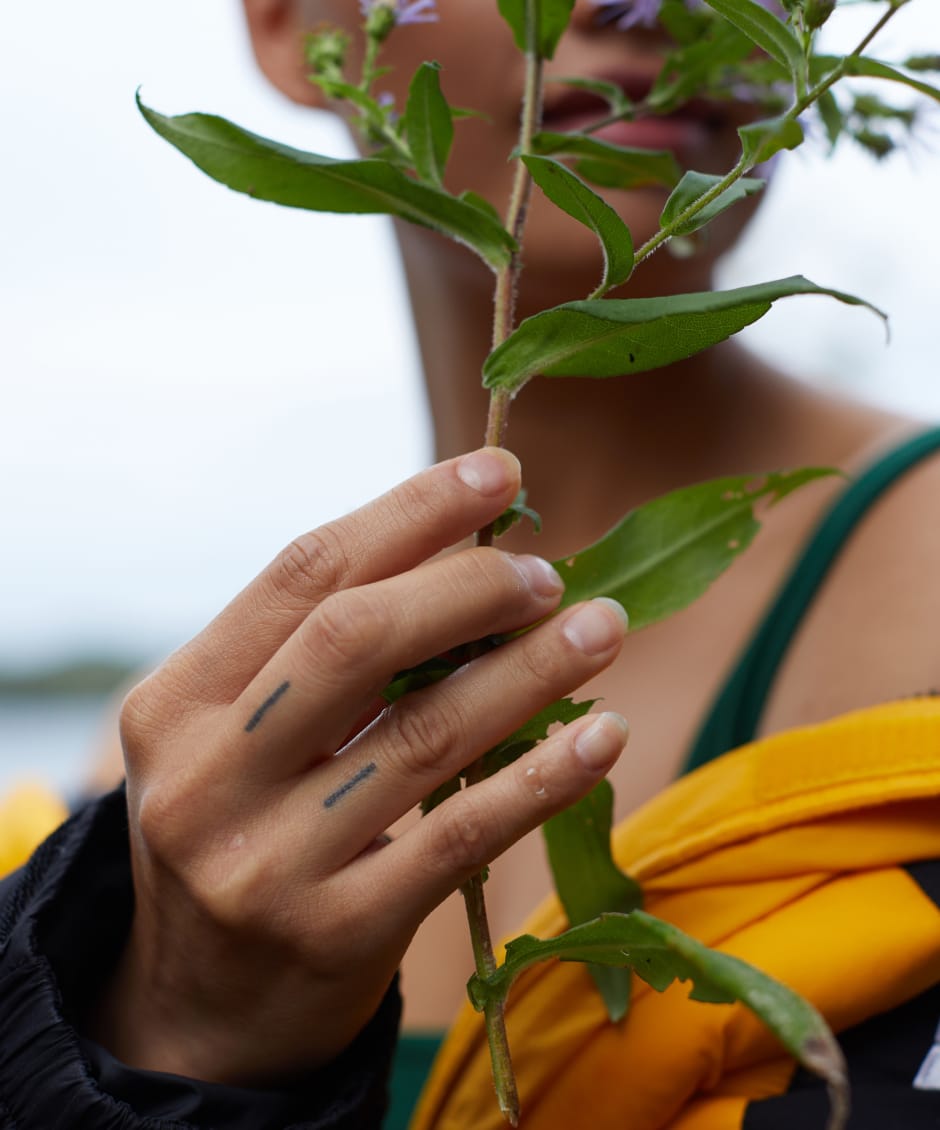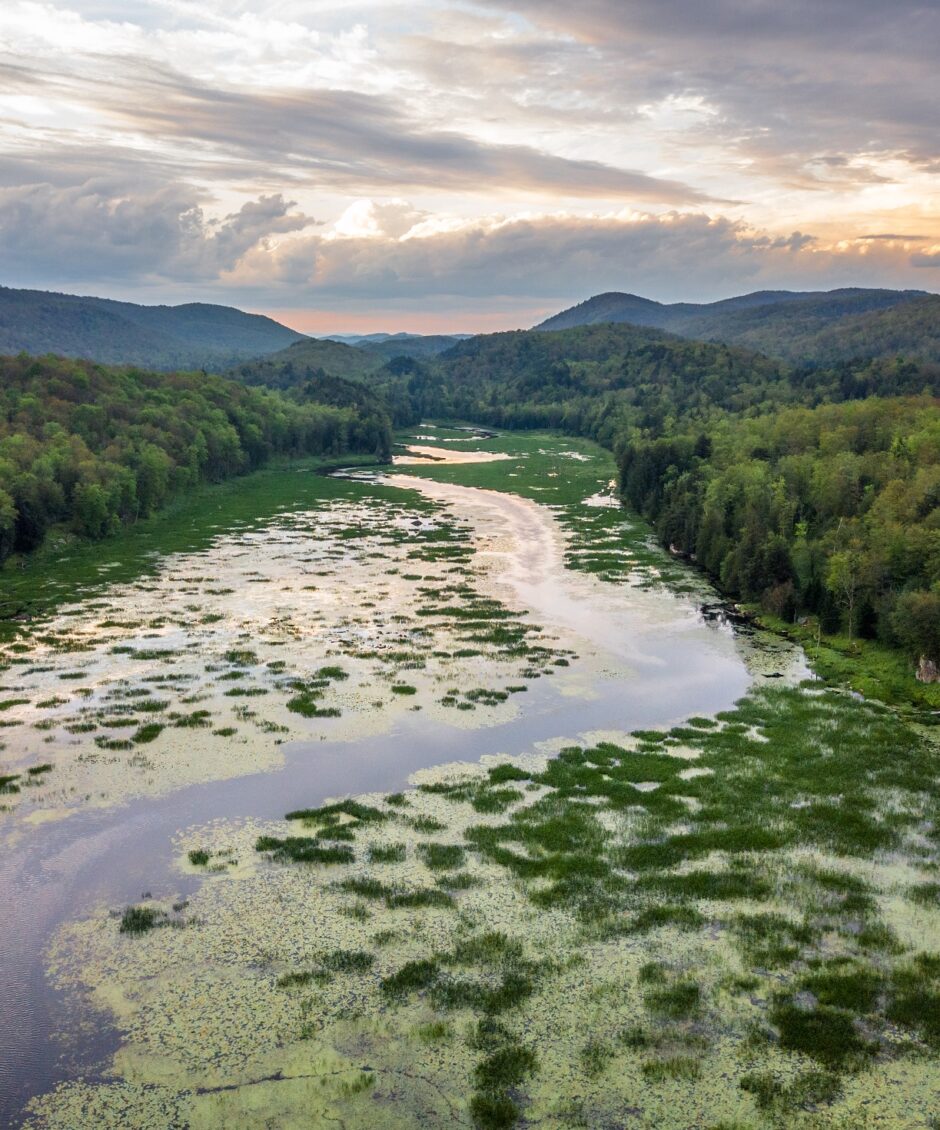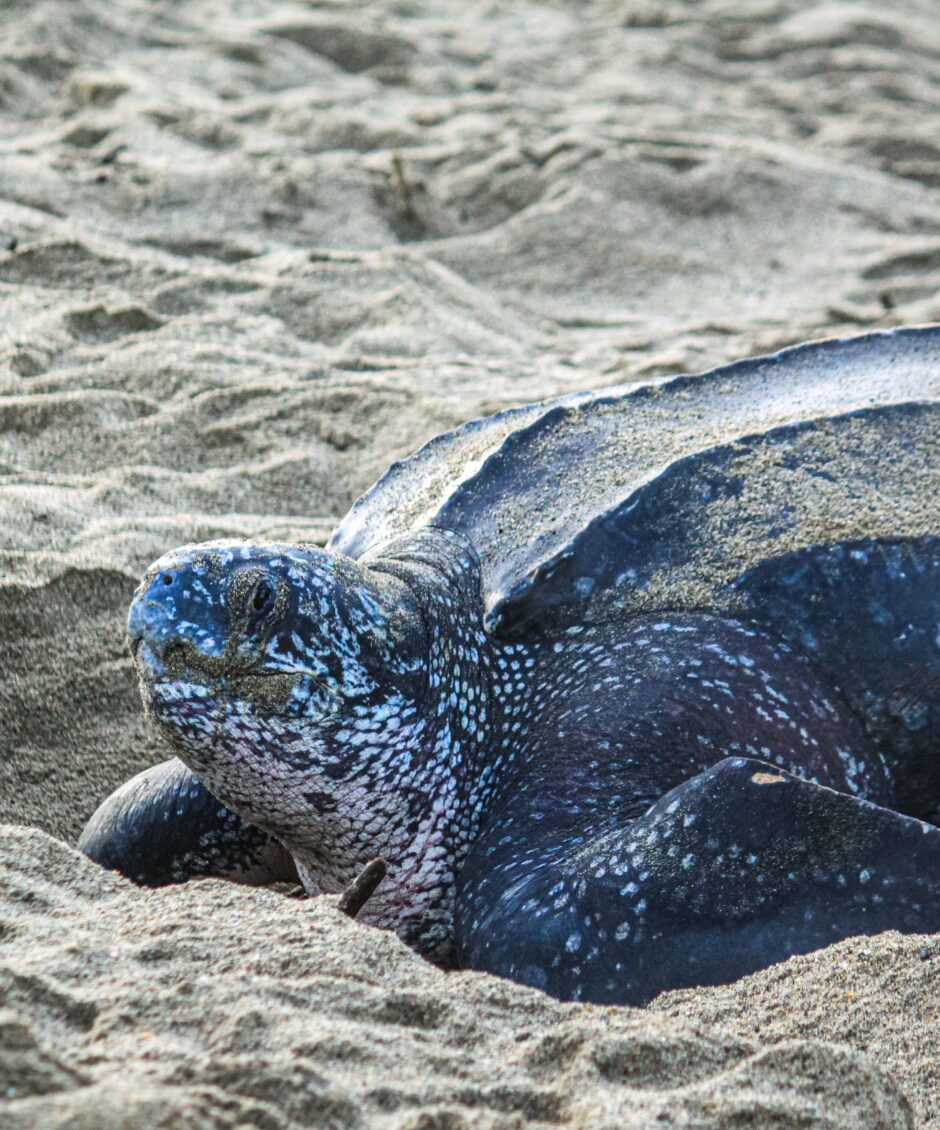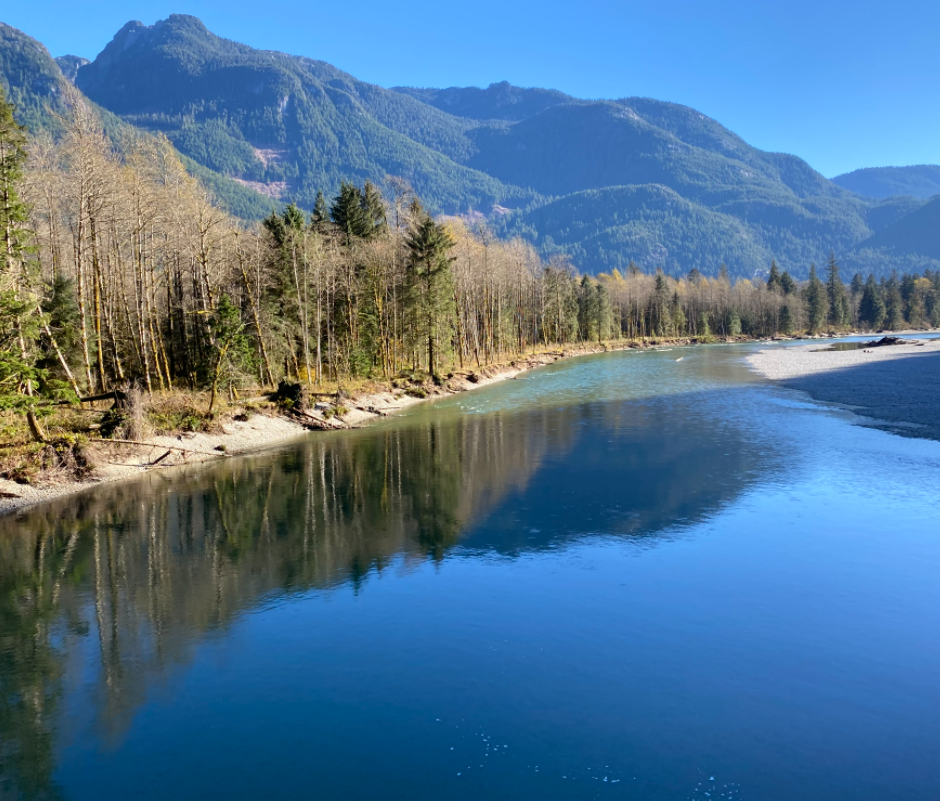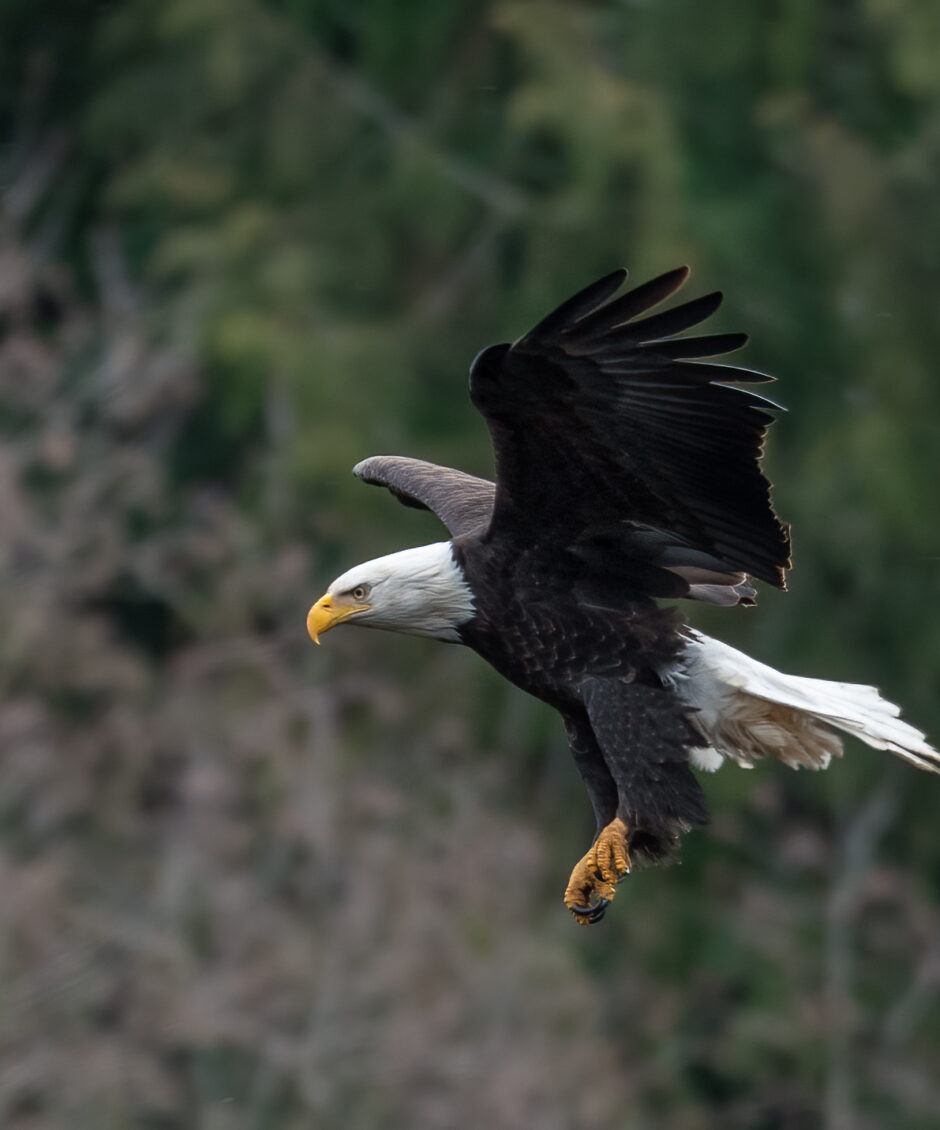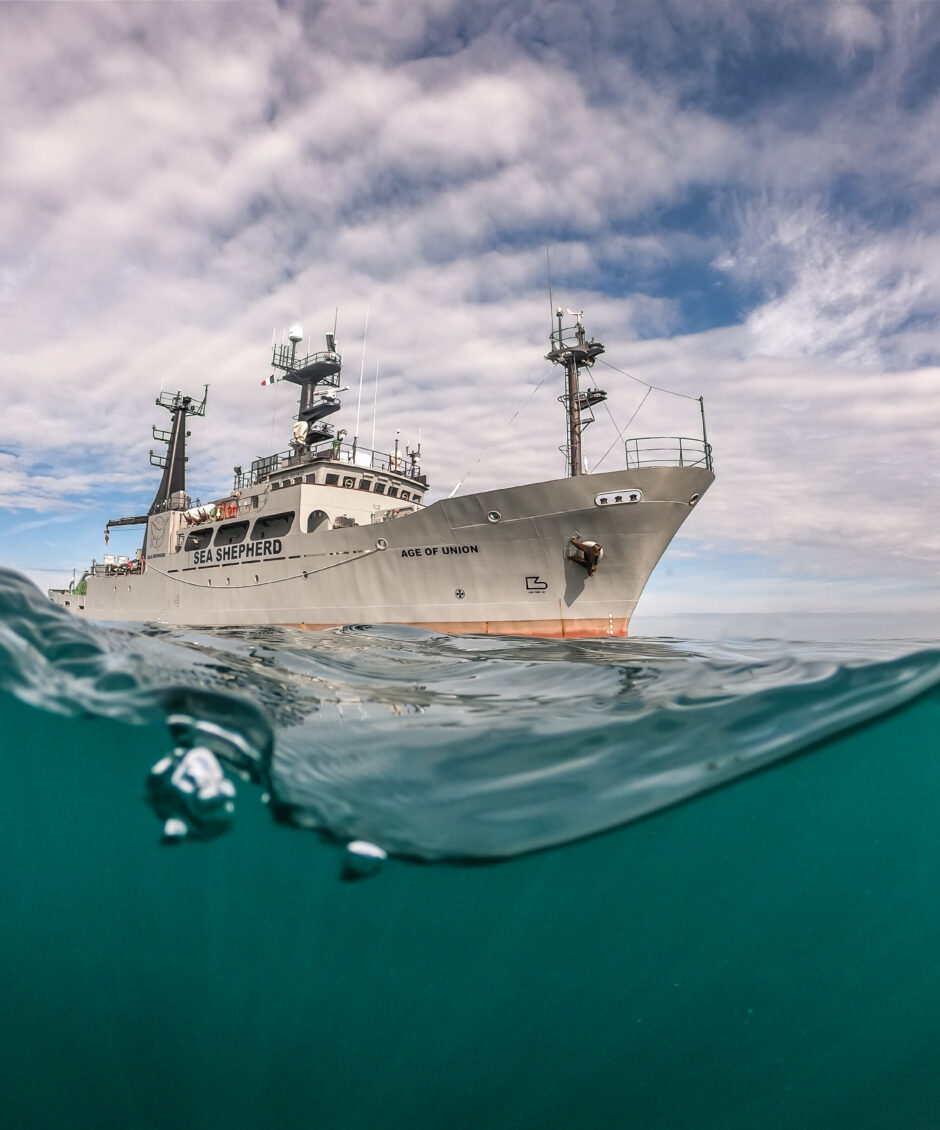Kalaweit
(Indonesia)
Region Asia
Dulan Rainforest Sanctuary

Indonesia's rainforests are home to some of the highest levels of biodiversity in the world. Many sources credit Indonesia as the most species rich country on earth. Spread over 18,000 islands, Indonesia contains the world's third largest area of rainforest after the Amazon and Africa's Congo Basin.
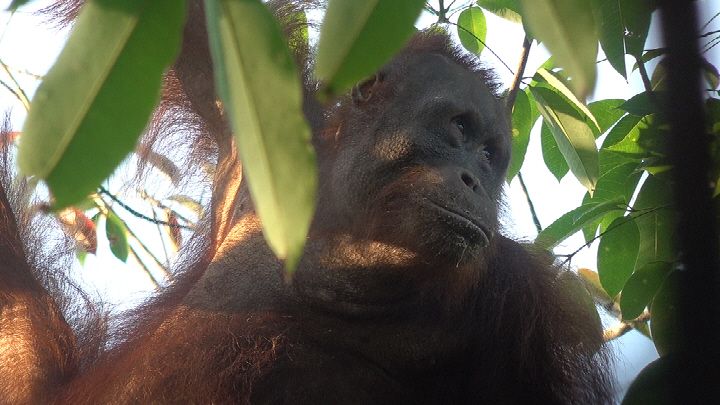
Kalaweit has been fighting for the preservation of biodiversity in Indonesia since 1998. Instead of only rehabilitating wildlife confiscated by the authorities from the illegal market, or caught during deforestation, Kalaweit strives to secure habitat to protect animals while they are still in the forest. In Borneo and Sumatra, the organization rescues gibbons and other animals from wildlife trafficking, while creating private forest reserves to preserve the environment from palm oil production.
Kalaweit works in close partnership with local communities, landowners, and provincial and central governments to create protected areas and sanctuaries for wildlife. The organization also helps ensure that local populations have access to the land to carry out traditional activities, with the belief that a healthy forest is a forest with thriving wildlife and where people live in harmony.
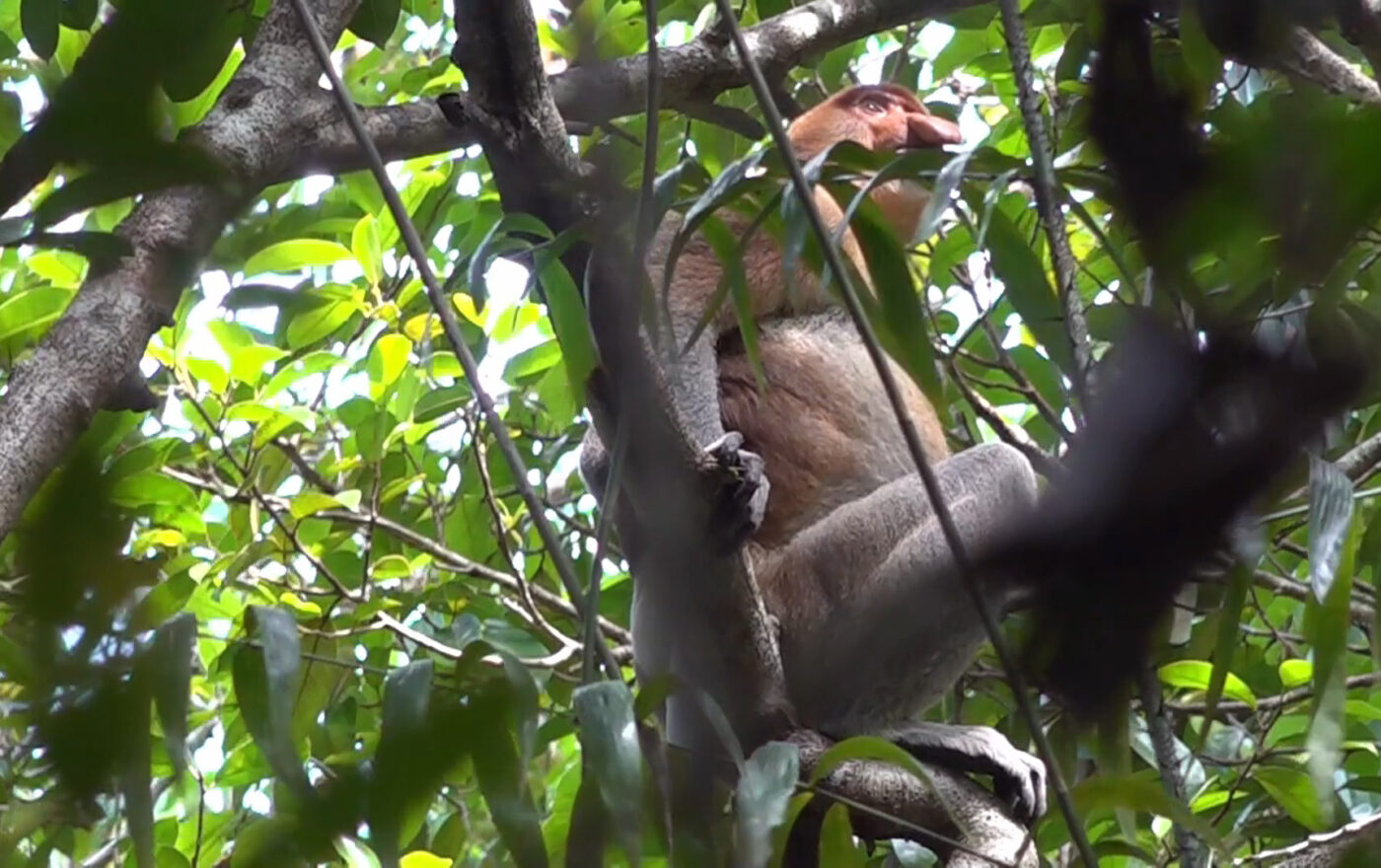
Kalaweit’s Work in the Dulan Forest
The Dulan forest is located in Borneo’s Central Kalimantan region, Barito Utara District, Indonesia. It is a refuge for animals, particularly for a hundred orangutans escaping deforestation.
The extreme diversity of the forest makes it an ideal environment for the myriad of species that inhabit it: white-bearded gibbons, langurs, Malaysian sun bears, clouded leopards, proboscis monkeys, pigtail and crab-eating macaques, sambar deer, muntjacs, and many more.
The local community of Butong depends on the lake and the forest for its survival — but its livelihood has been put at risk because of emerging threats brought about by human activity and environmental damage.
How Age of Union Is Helping
In 2021, Age of Union joined forces with Kalaweit to secure 100 hectares of the Dulan forest on the island of Borneo, two years after Kalaweit spearheaded an initiative to cover the entire surface of 1,500 hectares. The project is meant to help protect the area from palm oil production and coal mining activities causing massive deforestation and threats to biodiversity.
- In 2019, Kalaweit spearheaded an initiative to protect an extraordinary forest full of life on the island of Borneo – called the Dulan forest – surrounded by palm oil plantations and mines and therefore imminently
threatened. - In October 2021, Kalaweit had already protected 650 hectares with the help of the local villagers. Age of Union joined forces to secure an extra 100 hectares.
- In October 2022, Age of Union accepted to safeguard the entire forest by deploying funds that would help expand the ranger program, construct water units to fight forest fires, build up an aircraft that will be utilized for a protection plan against wildfires, logging, and poaching, in addition to engaging in a reforestation program through aerial seedlings to improve the degraded forest.
People ()
The
change
makers
Aurélien Brulé (Chanee)
Founder
Borneo, Indonesia
Born and raised in France, Chanee moved to Indonesia when he was 17 years old and gained his Indonesian citizenship in 2012. Since he was 12, he has dedicated his life to helping gibbons, in zoos first, which eventually led him to act in Indonesia, where he created the biggest protection center for gibbons in the world. Chanee created Kalaweit in 1998, with the overall goal of saving gibbons and their habitat in Sumatra and Borneo.
Nanto
Field Manager
Borneo, Indonesia
Chanee’s right hand who has been working with Kalaweit for the past 20 years. Nanto is in charge of the activities of the health center of Pararawen (Borneo) where the manages a team of about 35 people.
Pak Rindin
Ranger Manager
Borneo, Indonesia
Manager of the Dulan project and ranger patrols, Pak Rindin is born in 1978 and from the village of Butong. He has worked for Dulan since the beginning of the project, in 2019. He is married and has two children.
More projects
North America
Kenauk
(Canada)
Caribbean
Nature Seekers
(Trinidad)
North America
Pitt River Watershed
(Canada)
North America
French Creek Estuary
(Canada)
Ocean
